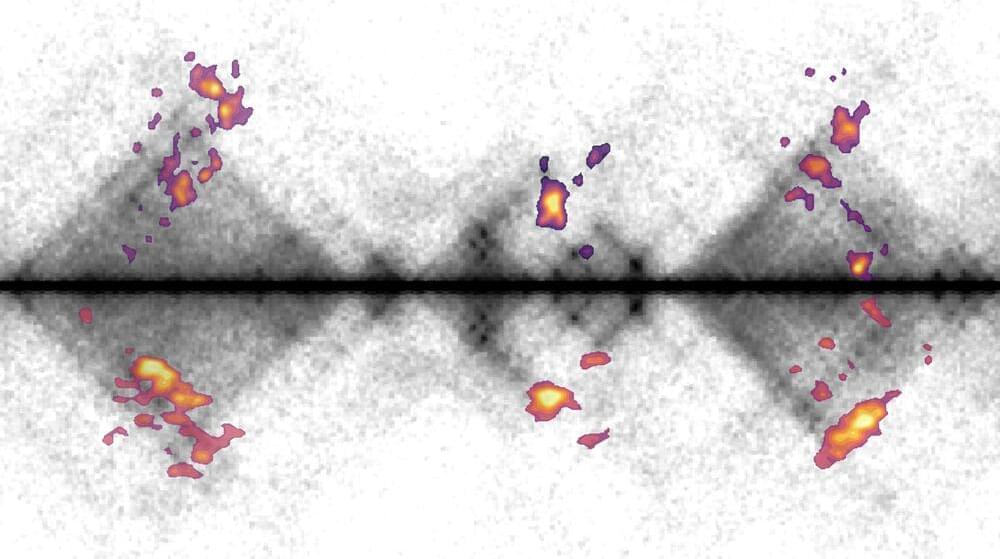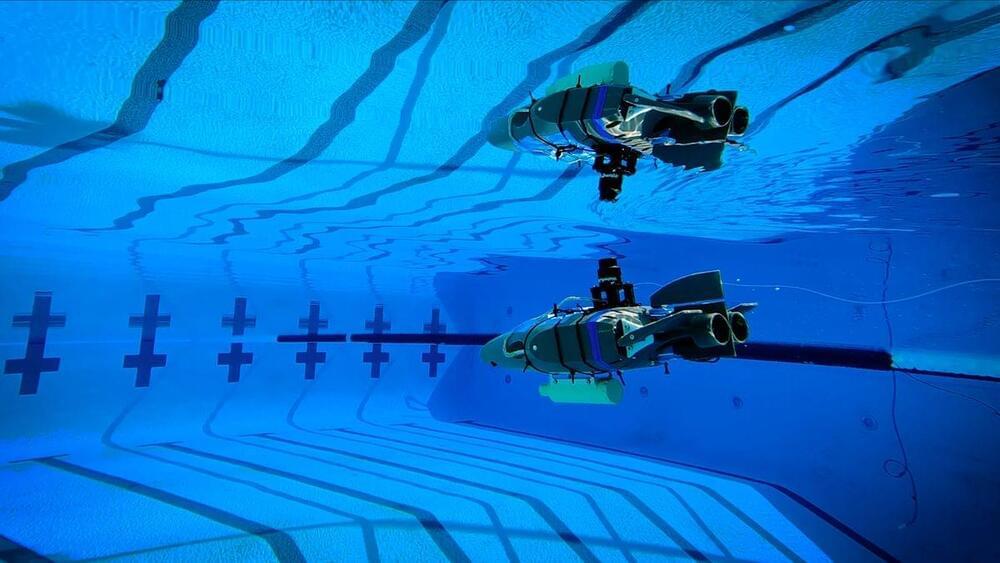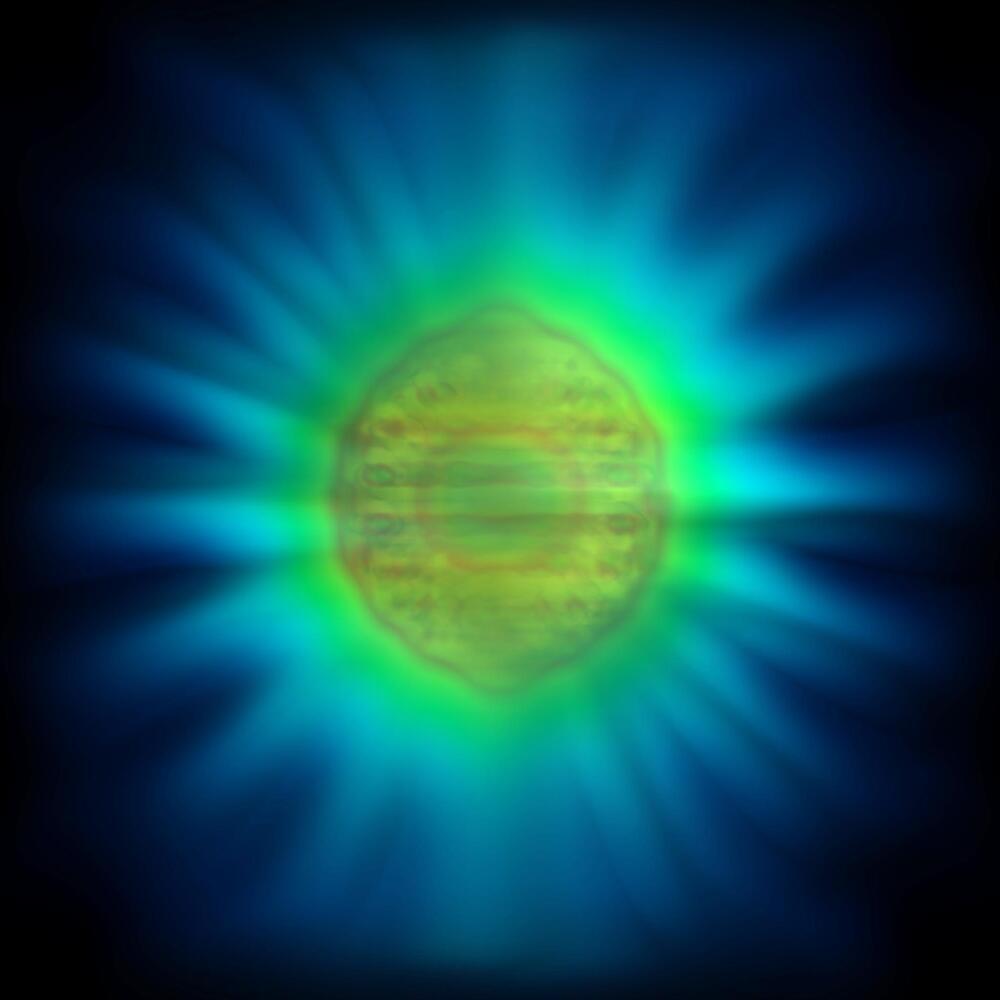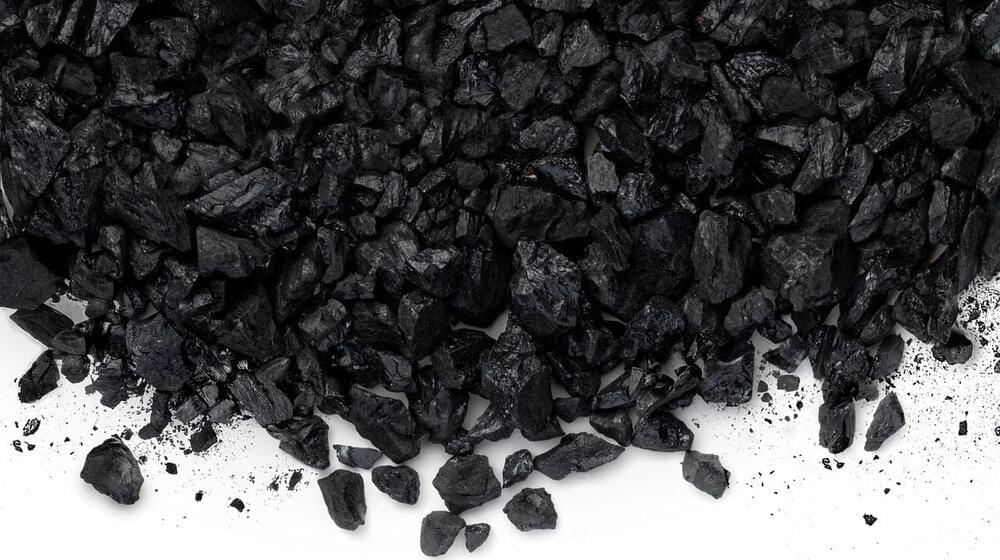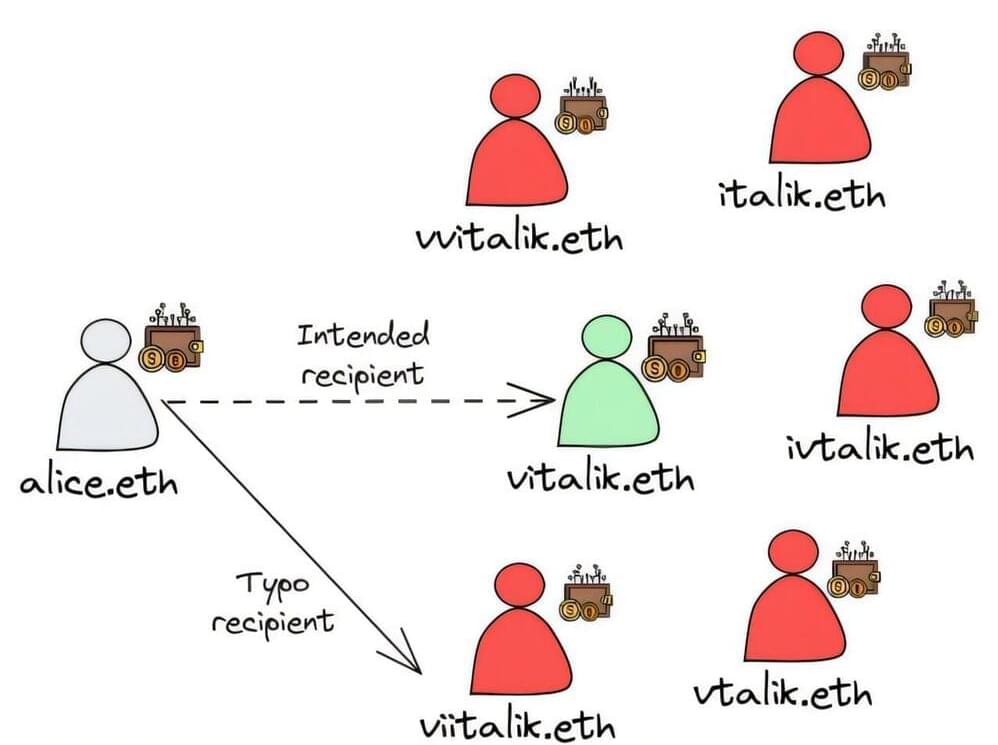Within the body, cells involved in specific functions, like immune response and secretion, are equipped with granules, which are small membrane-bound compartments containing enzymes, proteins, or other molecules. In neutrophils, the so-called azurophilic (or primary) granules contain enzymes that are involved in the initial response to an infection.
MPO-based E-101 is the first wound and systemically safe antiseptic, with a safety profile comparable to saline, that is effective in physiological conditions.
Myeloperoxidase, or MPO, is one of the most important of such enzymes for the immune system’s ability to destroy pathogens. Allen has been studying the physiological role of MPO since 1971. Using chemiluminescence and metabolic studies he has been able to study the complex and finely regulated mechanism of NADPH oxidase driven MPO action in microbicidal activity.


